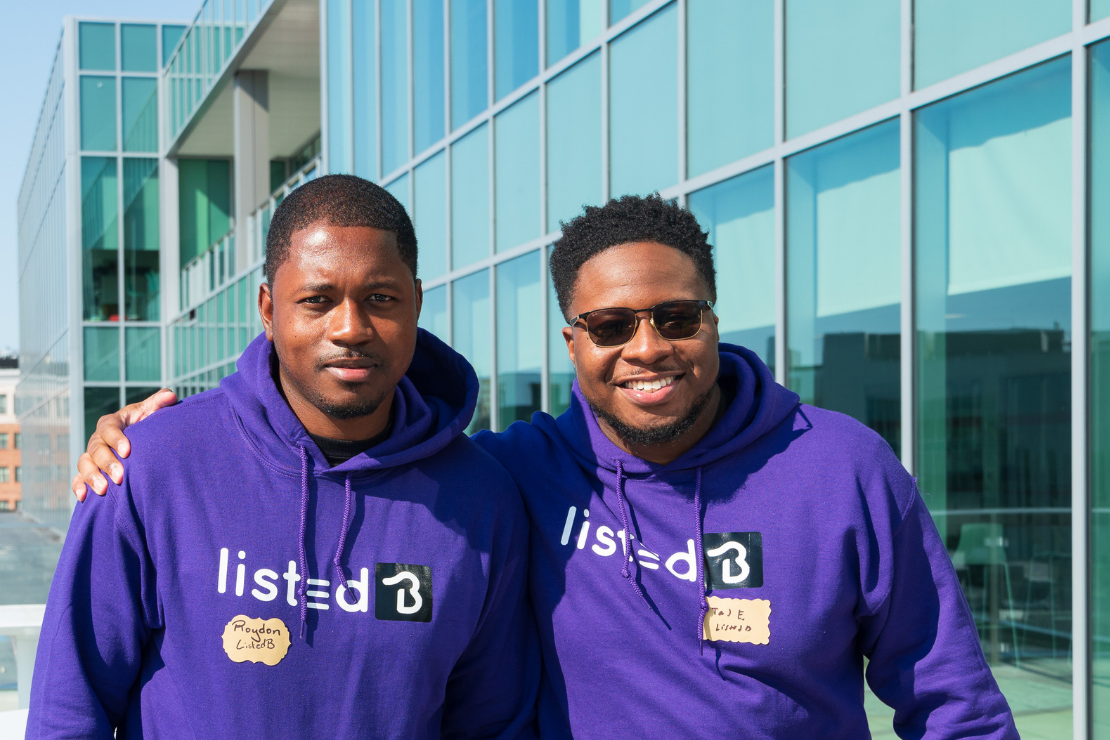Networks Can Turn the Tide for Underrepresented Entrepreneurs
Jan 26, 2022

Strong networks can be the differentiator for early-stage startups’ success. For historically marginalized founders, building one can be an uphill battle.
By Jason Seats, Chief Investment Officer, and Kimberly Smith, Head of Capital Formation
“Bootstrapping” is a term often used by entrepreneurs, but it’s heard more frequently from founders who lack access to a robust network of business connections or capital in the early stages of their businesses. Bootstrapping implies hard work, grit and perseverance, but the reality is that, for underrepresented founders—including people of color, women, the LBGTQ+ community, people with disabilities, indigenous people and military veterans—it means persevering through systemic obstacles hampering their business’s growth. It’s a vicious cycle. Slow growth is unattractive to investors, leading to less capital infusion that could mean stagnation or even the end of a business. Given the lack of diversity in investor networks, it’s no wonder such a cycle persists. For example, Black representation in venture capital increased only slightly since 2020, from an estimated 3% of investors to 4% in 2021.
While every idea may be on the same playing field in the “early stage” entrepreneurial phase, not every founder is given the same chance to play––and succeed. Many entrepreneurs from privileged backgrounds have the benefit of accessing built-in networks of elite university alumni, social clubs or family connections—access many underrepresented founders don’t have. Change begins with network inclusivity.
Through nearly 50 accelerator programs, Techstars provides deep network access and expertise to founders across the globe. Our valuable network of experienced entrepreneurs, former executives and investors bridges the wealth divide by offering entrepreneurs access to world-class programming, mentorship and capital. Such value shouldn’t be limited to founders from the Ivy League or tech hubs, like Silicon Valley or New York City.
Techstars serves as the “first believer” for many underrepresented founders. We have a unique role as an investor, supporting entrepreneurs before the market or others are ready to say yes, for whatever those reasons are. According to U.S. Census data, the share of U.S. venture capital going to Black-founded companies stood at just over 3% of the $147.6 billion of 2020’s overall deal volume. In the past six years, that percentage has not budged above 5%, even though about 10% of U.S. companies are Black-owned. Only 2.2% of all venture funding went to female-founded startups in the first eight months of 2021. For Black women, it was a mere 0.3%. And in 2020, less than 1% of U.S. deals went in favor of LGBT+ founders [term used by the research] according to venture capital firm Backstage Capital.
Take ListedB, for example, a social booking app for beauty and wellness services within the Black community and a recent graduate of the Roux Institute Techstars Accelerator. After demo day, ListedB and its founding team charted their path for growth and raising capital. As they met with various venture capital firms, the founders were told the market was “too small” or “too niche.” According to Nielsen, African Americans spend $1.2 trillion annually and a recent Essence article noted the Black hair care industry yielded an estimated $2.51 billion in revenue in 2018. The ListedB team found that investors were unfamiliar with the importance of beauty salons in the Black community and clearly didn’t take the time to analyze the size and depth of the market. Through Techstars, ListedB will avoid falling into the inequitable bootstrapping cycle by tapping into our deeper network of investors outside of traditional venture capital firms.
Supporting underrepresented founders today delivers a multi-generational wealth impact—breaking the vicious cycle of funding inequity and creating opportunities and networks for historically marginalized entrepreneurs now and into the future. While bootstrapping is a challenge for every entrepreneur, we will ensure a founder’s race, gender or background is no limitation to their chances of success. We recognize the brightest can come from anywhere in the world, and we’re committed to bringing networks to the founders––not the other way around.
